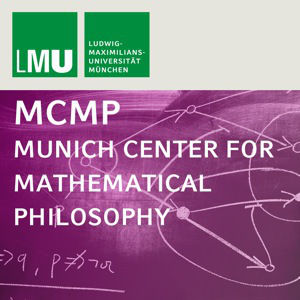🚀 From Google Podcasts to Moon FM in No Time: Your Hassle-Free Migration Guide
👉

Mathematical Philosophy - the application of logical and mathematical methods in philosophy - is about to experience a tremendous boom in various areas of philosophy. At the new Munich Center for Mathematical Philosophy, which is funded mostly by the German Alexander von Humboldt Foundation, philosophical research will be carried out mathematically, that is, by means of methods that are very close to those used by the scientists.
Your feedback is valuable to us. Should you encounter any bugs, glitches, lack of functionality or other problems, please email us on [email protected] or join Moon.FM Telegram Group where you can talk directly to the dev team who are happy to answer any queries.